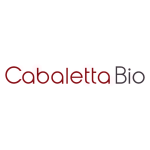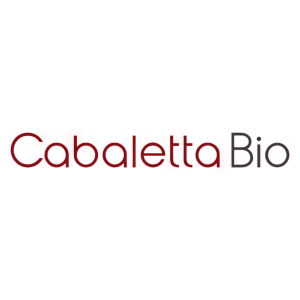Welcome to our dedicated page for Cabaletta Bio news (Ticker: CABA), a resource for investors and traders seeking the latest updates and insights on Cabaletta Bio stock.
Cabaletta Bio, Inc. (Nasdaq: CABA) is a clinical-stage biotechnology company pioneering engineered T cell therapies for autoimmune diseases. This page serves as the definitive source for official updates on clinical trials, research advancements, and corporate developments related to their innovative CAART and CARTA platforms.
Investors and researchers will find curated press releases detailing progress across multiple Phase 1/2 trials targeting conditions including lupus, myositis, and pemphigus vulgaris. Our collection features updates on therapeutic mechanisms that selectively eliminate pathogenic B cells while preserving healthy immune function.
The resource covers essential developments including trial design innovations, manufacturing process improvements, and strategic collaborations. All content is rigorously verified to ensure accuracy in reporting on this cutting-edge approach to autoimmune treatment.
Bookmark this page for streamlined access to Cabaletta Bio's latest milestones in developing potentially curative therapies. Check regularly for updates on clinical programs demonstrating the company's commitment to transforming autoimmune disease management.
Cabaletta Bio (Nasdaq: CABA), a biotechnology company focused on targeted cell therapies for autoimmune diseases, announced that CEO Steven Nichtberger will speak at the H.C. Wainwright BioConnect Investor Conference on May 2, 2023, at 1:30 p.m. ET. The conference will take place at NASDAQ in New York City.
A live webcast of the event will be available on the company's website, with replays accessible for 30 days. Cabaletta Bio is advancing its CABA™ platform, which includes the CARTA and CAART strategies aimed at developing innovative therapies for various autoimmune conditions. Key product candidates include CABA-201 for lupus nephritis and DSG3-CAART for mucosal pemphigus vulgaris. The company is headquartered in Philadelphia, PA, and is dedicated to providing potentially curative treatments for patients.
Cabaletta Bio, Inc. (Nasdaq: CABA), a clinical-stage biotechnology company, will have its CEO, Steven Nichtberger, M.D., present at the 22nd Annual Needham Virtual Healthcare Conference on April 20, 2023, at 9:30 a.m. ET. This presentation will be accessible via a live webcast on the company's website, with replays available for 30 days.
The company focuses on developing curative targeted cell therapies for autoimmune diseases, utilizing its CABA™ platform which includes the CARTA and CAART strategies. Key candidates include CABA-201 for lupus nephritis and systemic lupus erythematosus, DSG3-CAART for mucosal pemphigus vulgaris, and MuSK-CAART for MuSK myasthenia gravis. Cabaletta Bio's headquarters are in Philadelphia, PA.


